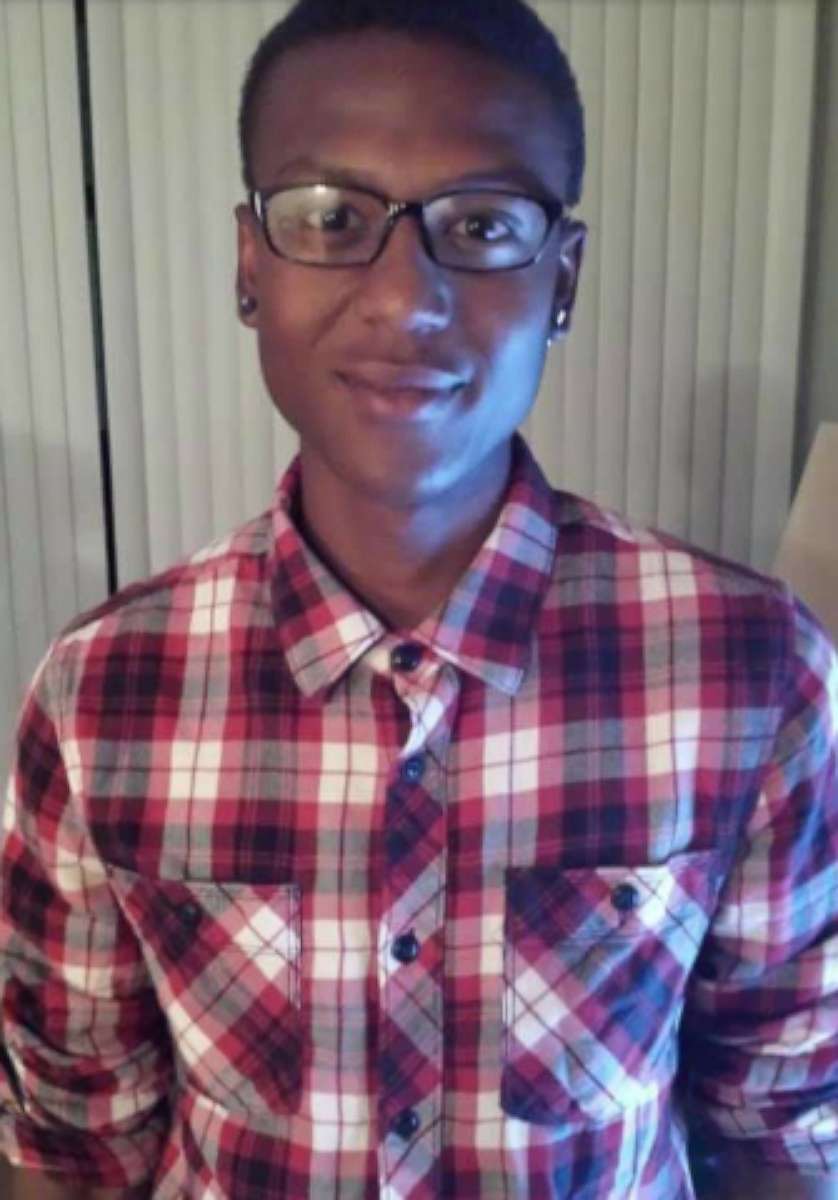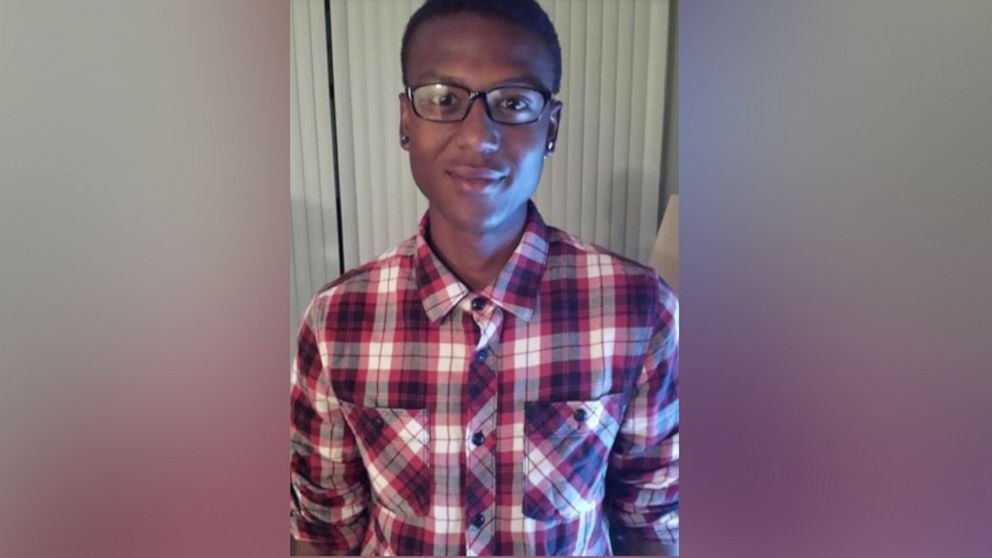Family of Elijah McClain reaches settlement with Aurora, Colorado
The family of Elijah McClain has reached a settlement with the city of Aurora over his violent arrest and subsequent death, city officials said.
"The city of Aurora and the family of Elijah McClain reached a settlement agreement in principle over the summer to resolve the lawsuit filed after his tragic death in August 2019," Ryan Luby, the deputy director of Communications and Marketing for Aurora, told ABC News.
He said city leaders will sign the agreement as soon as the family completes a separate process to determine how any settlement proceeds will be divided among themselves. Until then, "the parties cannot disclose the settlement terms," but so far, no amount was discussed in the most recent hearing on Oct. 8, Luby said.
"The court will now determine allocation of the proceeds between Ms. McClain, the parent who raised Elijah McClain by herself, and LaWayne Mosley," attorneys for Elijah McClain's mother, Sheneen McClain, told ABC Denver affiliate, KMGH.

A lawyer for Elijah McClain's father also confirmed a settlement has been reached.
"Nothing will bring back his son Elijah, who he loved dearly, but he is hopeful that this settlement with Aurora, and the criminal charges against the officers and medics ... will allow his family and the community to begin to heal," attorney Mari Newman, on LaWayne Mosley's behalf, told ABC News.
The settlement comes over a year after the family filed a 106-page federal lawsuit in the U.S. District Court of Colorado, accusing several officers and paramedics of violating Elijah McClain's civil rights and negligently causing his death.
Elijah McClain, a 23-year-old massage therapist from Aurora, Colorado, was confronted by police on Aug. 24 while walking home from a convenience store, after a 911 caller said they saw someone "sketchy." He was unarmed.
He was wearing a ski mask at the time because, according to his family, he had anemia, a blood condition that can make people feel cold more easily.
Body camera video shows that the officers told Elijah McClain he was "being suspicious," to which he replied, "I have a right to go where I am going."
Officers placed him in a carotid chokehold, which restricts the carotid artery, cutting off blood to the brain, according to an independent review of his death released in February. Elijah had earlier pleaded with them, saying he is non-violent and at one point was heard on the body camera footage saying that he can't breathe.
When EMTs arrived at the scene, he was administered a shot of 500 milligrams of ketamine and was then loaded on an ambulance, where he had a heart attack, officials said.
Elijah McClain went into cardiac arrest. The incident led to his death on Aug. 30, three days after doctors pronounced him brain dead and he was removed from life support, officials said. The Adams County coroner ruled the cause of McClain’s death to be undetermined.

Initially, no charges were brought against the officers involved in the incident.
However, in January, Colorado Attorney General Phil Weiser launched a grand jury probe into Elijah McClain's death. In September, a state grand jury returned a 32-count indictment against the three officers -- Nathan Woodyard, Jason Rosenblatt and Randy Roedema -- and two paramedics -- Jeremy Cooper and Peter Cichuniec -- in the case, charging them with manslaughter and criminally negligent homicide, among other charges.
Sheneen McClain called the charges "a step toward justice" at the time.
"I'm still praying for them to be in prison. My son's murderers and their accomplices all need to be in prison for what they did to him," she told ABC News. "They had no right to stop him. They had no right to handcuff him, brutalize and terrorize him, or inject him with ketamine."
The Aurora Police Association Board of Directors defended the officers following the indictment, saying in a statement, "There is no evidence that APD officers caused his death. The hysterical overreaction to this case has severely damaged the police department."
Aurora Police Chief Vanessa Wilson and Aurora Fire Rescue Chief Fernando Gray both said that each of their departments will continue to cooperate as the judicial process moves forward.
Last month, the Colorado attorney general issued a report following a 14-month probe into the actions of the Aurora Police Department in the wake of Elijah McClain's death and found the department had a pattern of racial bias, as well as excessive force.
The report also found Aurora Police arrested people of color "1.3 times more than whites based on population percentage alone."
The AG office recommended changes to policies, training, record-keeping and hiring as a result of the report.
ABC News' Ivan Pereira, Sabina Ghebremedhin, Deena Zaru and Courtney Condron contributed to this report.




